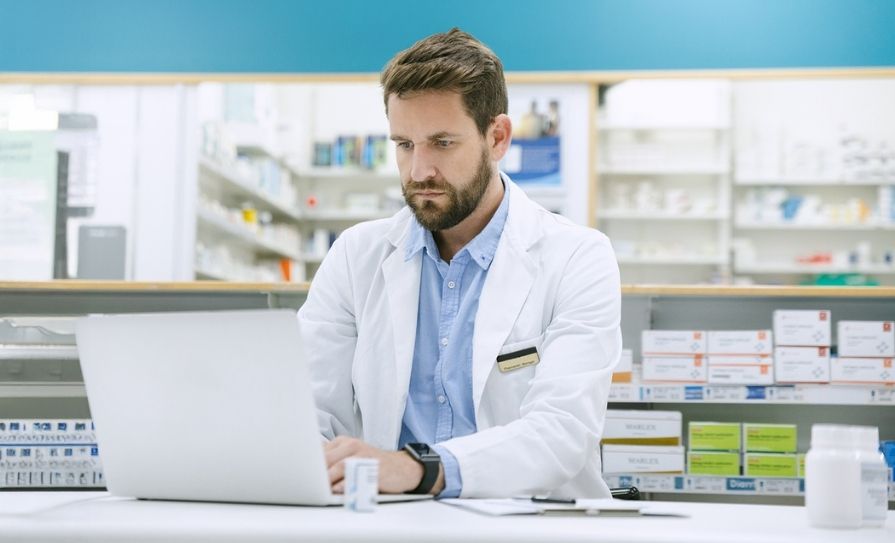Terry Maguire argues that addiction is not a ‘disease’, but rather an extreme manifestation of a standard brain repertoir
Addiction NI, the local charity that ‘does what it says on the tin’, hosted its 40th birthday conference recently in Belfast. The charity decided its normal annual fund-raising bash — a black-tie dinner at Culloden, where alcohol was consumed in greater quantities than at a ruby convention — needed to change.
At the conference, which was opened by Chief Medical Officer (CMO) Dr Michael McBride, delegates discussed ‘Changing the Conversation on Addiction’. We heard from leading experts on the latest developments in neuroscience, we listened to heart-breaking stories of loss with addiction, there were impressive success stories of survival, and of course we had the opportunity to have a chat and meet people with other interests.
The CMO told us with his usual unchallengeable authority that he had “seen the devastating impact that substance misuse has on individuals and families, communities and the economy and also on health and social care and the criminal justice sector”.
He was skilful over his brief and showed genuine compassion for a problem he appreciates is complex and overlaps health and social care with many other issues, such as homelessness, mental health and community safety. This is an expensive problem, with alcohol costing up to £900 million a year, £250 million of this cost borne by the Health and Social Care Sector. If we include the costs from drug misuse onto alcohol, this figure would likely be well over £1 billion. Interestingly, the public see the lesser problem of drug abuse, pretty evident on the streets of Belfast at the moment, but not the alcohol problem, as it is hidden within our social and moral tolerance.
The CMO was challenged by a high-profile advocate on why “dual diagnosis” was not part of the patient journey in NI. Someone with mental health and drug abuse problems must take a different route through the health system. She was forced, she told us, to take people to recovery beds in England where she was, she claimed, getting the help she needed to save lives. She apologised to us that she might need to leave the meeting at any moment to answer her phone as she was waiting for news of a bed in England that a young female alcoholic lying in the RVH needed. The CMO apologised for this lady’s experience of the service, but said it must be clinician- and evidence-based-led and he would speak to her offline. Nice one, CMO!
As the day progressed, families, advocates, agitators and ‘service users’ — we don’t like ‘drug addict’ or ‘alcoholic’ — had lots of criticisms of the services. An emotional presentation from the CEO of the charity Anyone’s Child told the personal and tragic story of her son, who died of an “unnecessary overdose”. Her son did not want to use methadone and was trying “heroin-assisted recovery”, but the system did not accommodate him and so he was left to use heroin of unknown strength supplied by dealers and he had to do so unsupervised. He died of a batch of heroin that was too strong. Where’s the justice in that?
Dan, a survivor, got the noisiest applause of the day when he told his story. He had changed and found that once he entered therapy, something he was reluctant to do, he was surprised how easy and effective it was. He was particularly critical of our hosts Addiction NI for their ‘Did-Not-Attend (DNA)’ rule. Seems he made an appointment while using and he sobered up but before he got to the appointment, he scored again, got high and missed his appointment. When he came to, he decided that he now really wanted to change and was shocked and disappointed that since he was now listed as a DNA, he was not allowed an appointment. Harsh.
Our two keynote speakers, Stanton Peele and Marc Lewis, really are top of their game and their work will, I believe, be highly influential on addiction policy in the future.
So here’s the potted version. Addiction is not a disease and drugs are not addictive; it is an extreme manifestation of a pretty standard brain repertoire. This has been known for years and boils down to the statement: “I didn’t become an addict because I had something better to do.” With good relationships and a purpose in life, we don’t become addicted to drugs or other behaviours (sex, gambling, porn). If we suffer from social exclusion, low self-esteem or we have a number of ACEs (adverse childhood experiences), then we are more likely to grab forcefully onto behaviours that instantaneously bring relief from those negative emotions — anxiety, shame, boredom — that burden us. Experimentation and peer pressure usually lead us to these substances or behaviours, and bingo — we begin an emotion-behaviour loop that spirals down into a habit and then with loss of higher control, the bridge of the ship cannot tell the emotional tanker to wise-up and change course; the compulsion becomes ingrained. It’s the route from one-off behaviour (experiment), to habit, to compulsion (addiction).
The science is telling us that the impact of therapy is at best hit-and-miss and maybe not necessary at all. If you survive your addition — and yes, it will kill many who get ensnared — those who want to change invariably do. They literally grow new neurons, so the brain works beyond the narrowness of addiction; they identify more attractive goals and become motivated to follow them and they move on. Addiction is impaired development.
I think many felt the purpose of the conference was to allow service users to beat-up the service providers. Sadly, many did that and left not realising that, had they been listening really closely, the experts were telling them that the addicts have the power to change — they just need to get to a point where this happens before it kills them. ?







